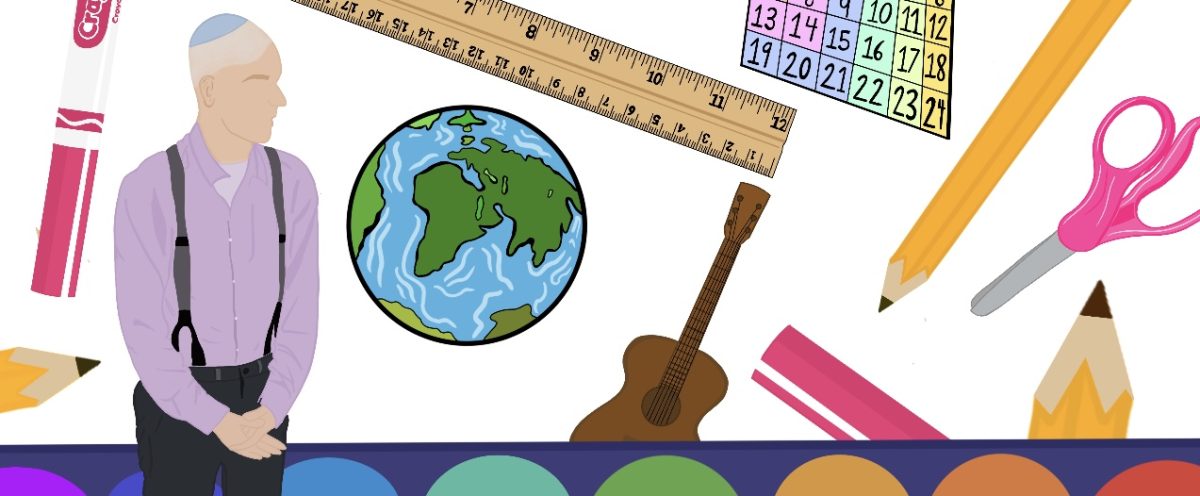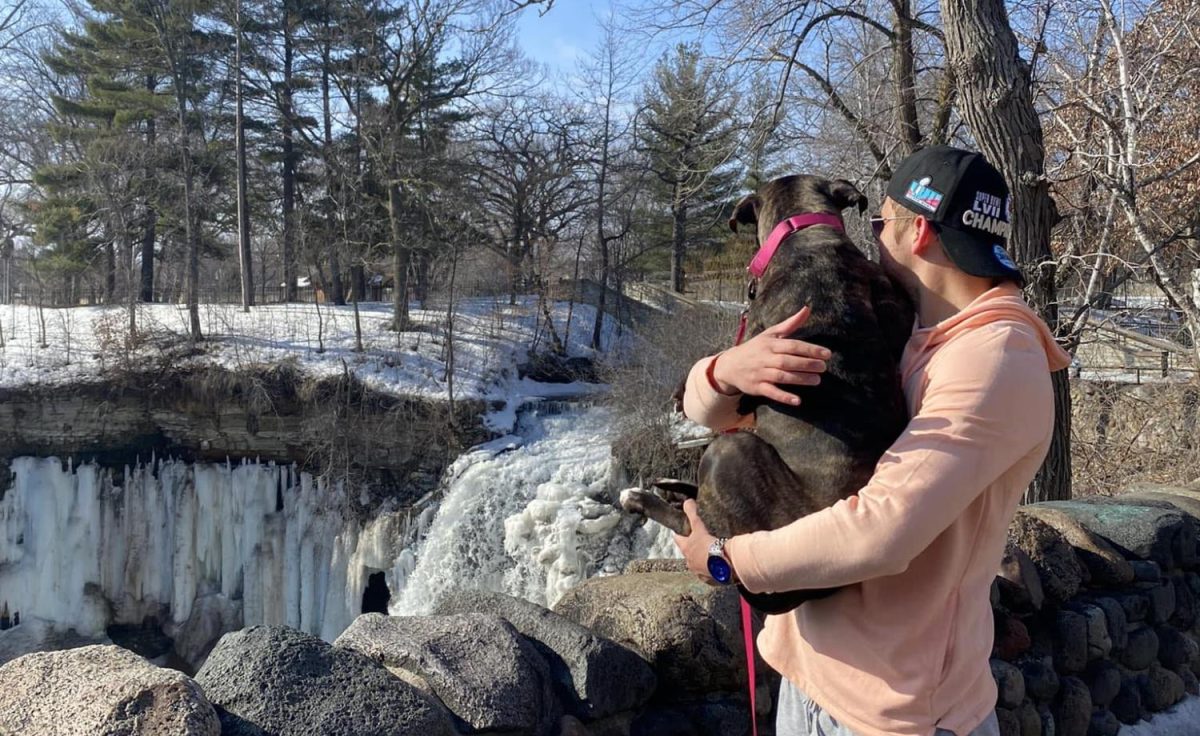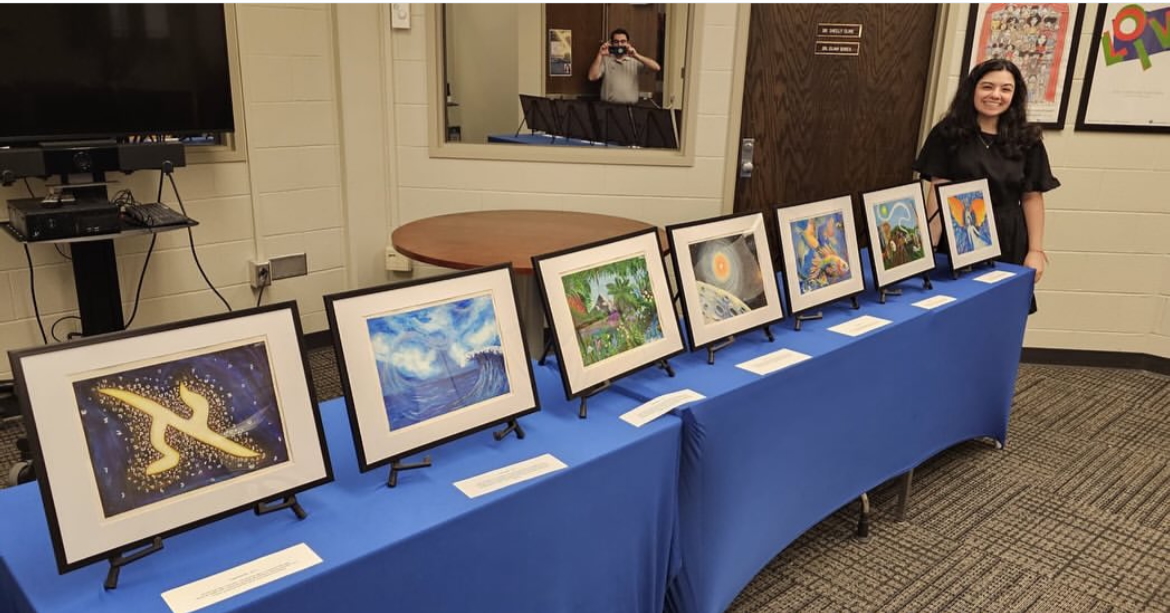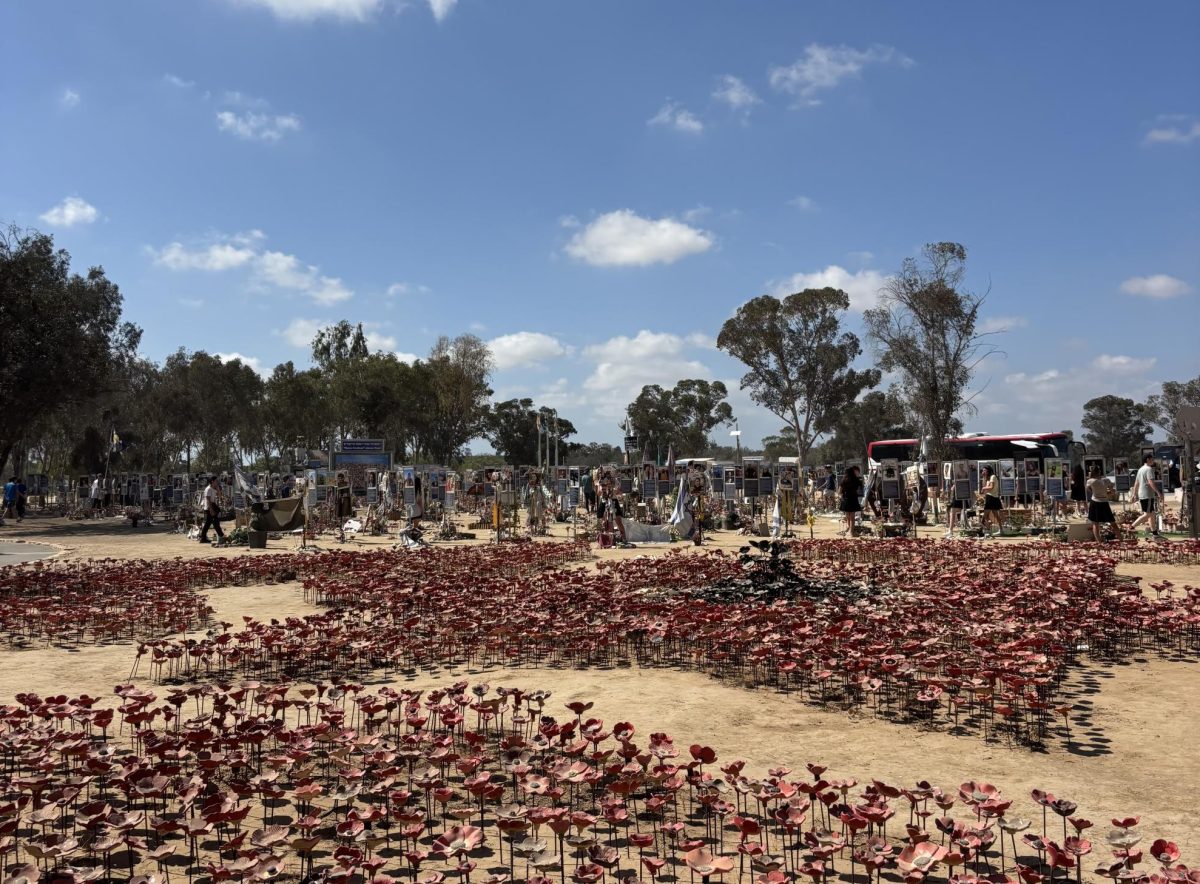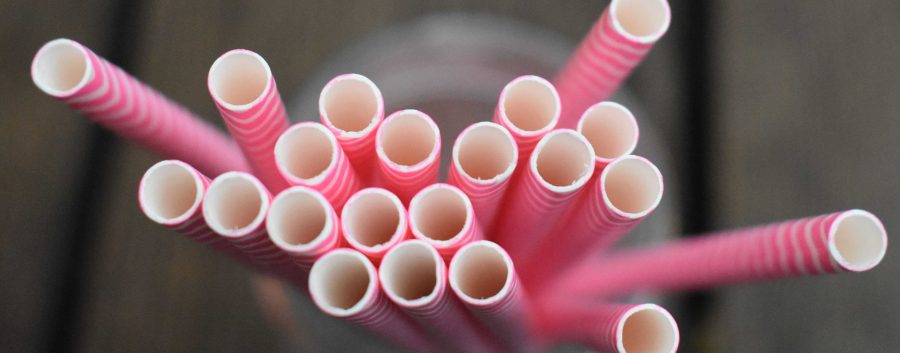Slider image by Nina Schultz.
Plastic straws make up about 2,000 tons of the ocean’s plastic waste, causing aquatic animals to inevitably ingest, choke, and sometimes die. Studies show that by the year 2050 there will be more plastic in the ocean than fish. So what can we do to prevent the amount of plastic there is in the ocean?
In the U.S. we use about 500 million straws every day, enough to wrap around the earth two and a half times. But these plastic straws have done a lot of damage to our environment. Studies show that about each year one million seabirds and about 100,000 marine animals die from ingesting plastic. To reduce the amount of harm that plastic is doing to animals, we can simply stop using plastic straws and utensils.
A major coffee company, Starbucks, has recently announced that they will be eliminating the use of plastic straws. Many Starbucks locations are beginning to serve cold drinks with a strawless lid. Kevin Johnson, the President and Chief Executive Officer of Starbucks announced that “this is a significant milestone to achieve our global aspiration of sustainable coffee, served to our customers in more sustainable ways”. Starbucks is working towards eliminating plastic straws by the year 2020 in stores nationwide.
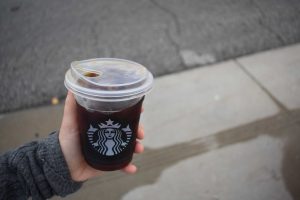
Seattle bars and restaurants have also started to ban the use of plastic straws. According to Seattle Public Utilities, Seattle is the first major U.S city to ban the use of plastic straws and utensils. These bars and restaurants will begin to use reusable or compostable utensils and straws. Seattle Public Utilities General Manager, Mami Hara, stated that she is “proud Seattle is leading the way and setting an example for the nation by enacting a plastic straw ban”.
Other states including N.Y, Hawaii, and Calif. have pending straw ban legislation. But they have started to cut down the use of straws in sit-down restaurants by having servers not give customers a straw unless they explicitly ask for one.
But not everyone is happy with the changes. Some are also outraged about this plastic straw ban that is coming into light. Many people who have disabilities rely on plastic straws because of mobility issues and sensory sensitivities. They can not use a type of compostable or reusable straw because they can be hazardous.
Daniel Gilbert has experienced this firsthand. Gilbert has Duchenne Muscular Dystrophy, a disorder that causes muscular weakness. Gilbert fears that this straw ban will “limit their accessibility at restaurants, on airplanes and at other service establishments”.
Although Kansas has no straw-ban in place at the moment, that does not stop people from educating their peers and younger kids. Abby Kreisler, a student at Hyman Brand Hebrew Academy (HBHA), and a member of Holchim Yarok, HBHA’s ‘Go Green’ club, has been working on educating everyone in the school about the importance of recycling.
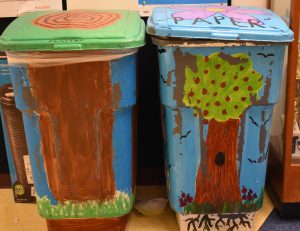
Kreisler stated that “Holchim Yarok’s mission is to decrease the amount of trash our school produces by increasing the amount of recycling.” Kreisler also said that “although straws only make up a small percentage of the plastic waste” that ends up in the ocean, Starbucks may have been the start to a drastic change throughout the world.” If we don’t work towards decreasing the amount of plastic we’re using today, it will soon be too late to save our environment.
































